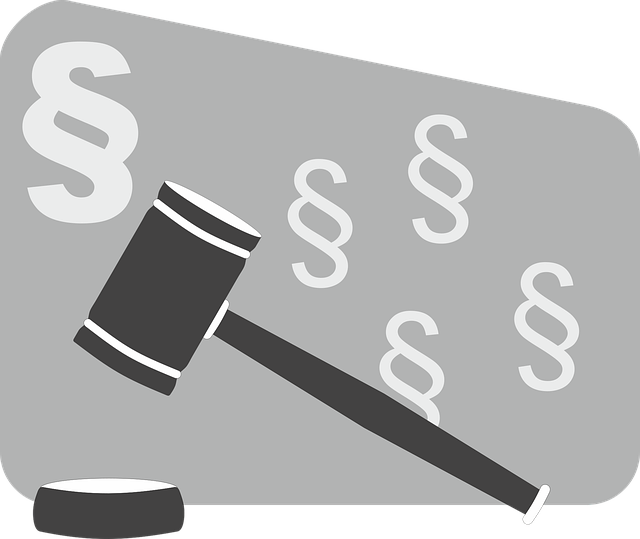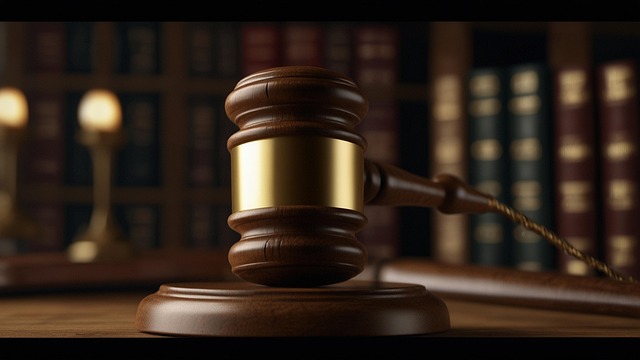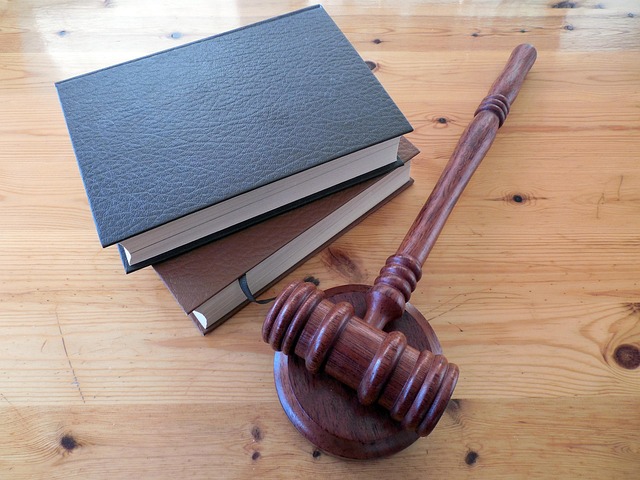After a contract breach, gather information, assess remedies, consult attorneys for guidance, engage community resources, document evidence promptly, understand jurisdiction deadlines, negotiate with insurance companies strategically, evaluate your situation with counsel, attend pre-trial hearings, maintain open communication for best outcomes.
“Uncover the essential strategies every individual should know after facing a contract breach. Criminal Defense Attorneys play a pivotal role in navigating legal complexities, ensuring your rights are protected. This comprehensive guide delves into critical steps, from understanding your legal rights and documenting vital evidence to negotiating with insurance companies and managing court proceedings. By mastering these techniques, you’ll be empowered to assert your claims effectively.”
- Understanding Your Legal Rights After Contract Breach
- Documenting Evidence: What to Collect and Keep
- Timing is Crucial: Filing Deadlines for Claims
- Strategies for Negotiation with Insurance Companies
- Navigating Court Proceedings: A Step-by-Step Guide
Understanding Your Legal Rights After Contract Breach

After a contract breach, understanding your legal rights is crucial to navigate the situation effectively. The first step is to gather all relevant information related to the agreement and the breach itself. This includes reviewing the terms of the contract, any communications with the other party regarding the breach, and documenting all financial losses or damages incurred. Once you have a clear understanding of your rights as specified in the contract, it’s time to consider the steps to take.
These steps typically involve assessing potential legal remedies available to you, such as negotiating a settlement with the breaching party or seeking arbitration to resolve the dispute outside of court. If the breach has led to significant financial losses or emotional distress, consulting with a criminal defense attorney could be beneficial. They can provide guidance on avoiding indictment and help protect your respective business interests. Engaging with philanthropic and political communities for support may also offer additional resources and perspectives during this challenging period.
Documenting Evidence: What to Collect and Keep

When representing clients in criminal defense cases, documenting evidence is a critical step that cannot be overlooked. The first steps to take after a contract breach or at any stage during the case involve gathering all relevant information and materials. This includes collecting police reports, witness statements, physical evidence from the scene, and any documentation related to the client’s alibi or character references. It’s essential to maintain an organized system for storing these documents to ensure accessibility throughout the legal process.
Additionally, attorneys should document their communications with clients, investigators, and other parties involved in the case. This includes taking detailed notes during meetings, interviews, and court appearances. By documenting all stages of the investigative and enforcement process, defense attorneys can build a robust case strategy. Their unprecedented track record in successful defenses often relies on meticulous documentation and a deep understanding of their respective business, ensuring the best possible outcome for their clients.
Timing is Crucial: Filing Deadlines for Claims

In criminal defense, timing is crucial, especially when it comes to filing deadlines for claims. The period immediately after a contract breach or an alleged crime is critical as it sets the stage for the entire legal process. The first step for any individual facing criminal charges or a contract dispute is to secure legal counsel promptly. Retaining an experienced attorney who can navigate all stages of the investigative and enforcement process is paramount.
Understanding the specific timeframes associated with different types of cases, such as those involving white-collar and economic crimes, is essential. Each jurisdiction has its own rules regarding filing deadlines for various claims. Criminal defense attorneys are well-versed in these procedures, ensuring clients take the necessary steps within the required timeframe to protect their rights. This proactive approach can significantly impact the outcome, including potential outcomes like reaching a favorable settlement or successfully defending against charges during jury trials.
Strategies for Negotiation with Insurance Companies

When it comes to negotiating with insurance companies after a contract breach, Criminal Defense Attorneys play a pivotal role in guiding clients through this complex process. The first step is to understand the specifics of the breach and its impact on both the client and the insurer. This involves reviewing the contract thoroughly and identifying any discrepancies or violations.
Once the breach is clearly defined, experienced attorneys can take the necessary steps to take after contract breach, such as initiating formal communication with the insurance provider, compiling all relevant documentation, and presenting a compelling case for resolution. They emphasize the importance of clear and concise negotiations, aiming to reach a mutually agreeable solution that respects the rights and interests of both parties, especially in cases involving white collar and economic crimes. In many instances, this might lead to an alternative dispute resolution method other than traditional jury trials, potentially saving time and legal fees. The goal is to navigate these negotiations effectively, ensuring the best possible outcome for their clients while considering the broader implications of the case, which could impact future general criminal defense strategies.
Navigating Court Proceedings: A Step-by-Step Guide

Navigating court proceedings as a criminal defendant can seem daunting, but understanding the steps to take after a contract breach or any legal issue is crucial for effective defense. The first step is to evaluate your situation with the help of a criminal defense attorney. They will guide you through the legal process and ensure your rights are protected. This involves thoroughly reviewing the charges against you, gathering evidence, and identifying potential defenses, including white collar defense strategies if applicable.
Once prepared, the next steps include pre-trial hearings where you’ll plead your case. Your attorney will assist in building a strong defense, which might involve negotiating with prosecutors to avoid an indictment or exploring alternative resolutions. Throughout this process, it’s vital to maintain open communication with your legal counsel to ensure your respective business interests are aligned with the best possible outcome.
After a contract breach, it’s crucial to understand your legal rights and take immediate action. Documenting evidence, knowing filing deadlines, negotiating strategies with insurance companies, and navigating court proceedings are all essential steps in the process. By following these guidelines, you can ensure the best possible outcome for your case. Remember, timely action and thorough preparation are key to a successful criminal defense.






